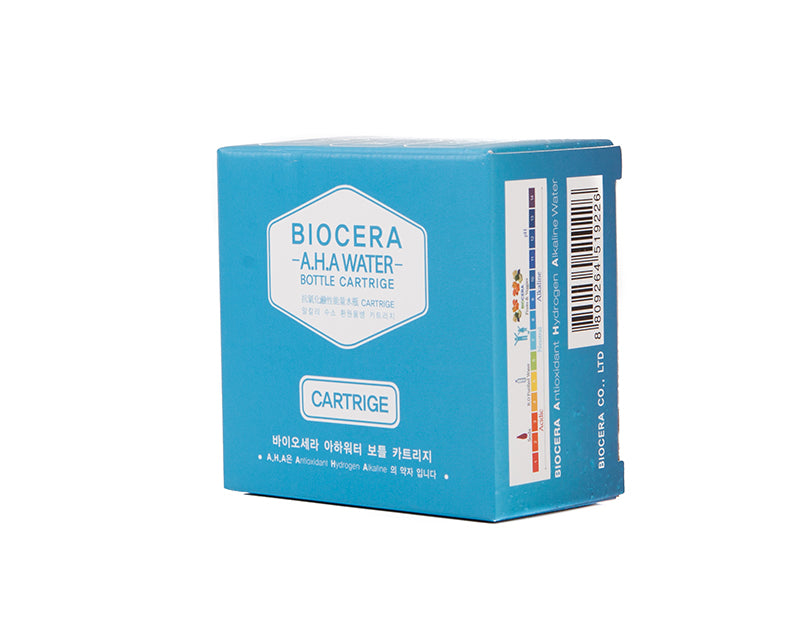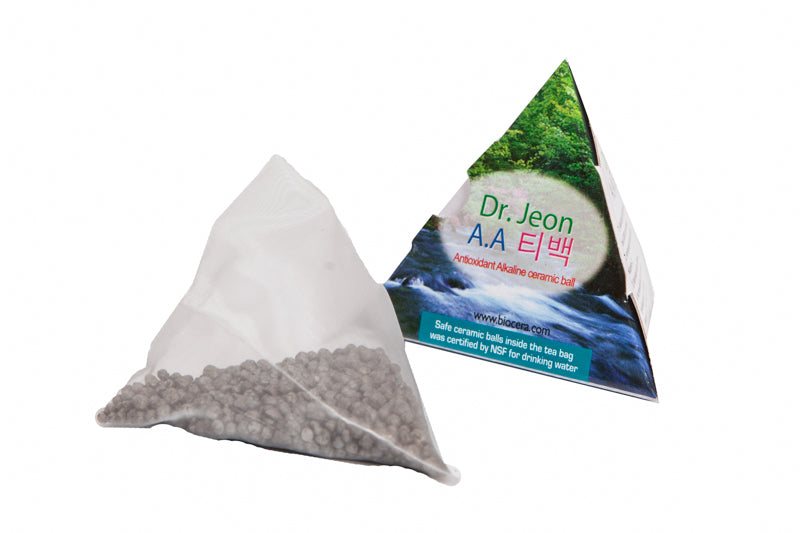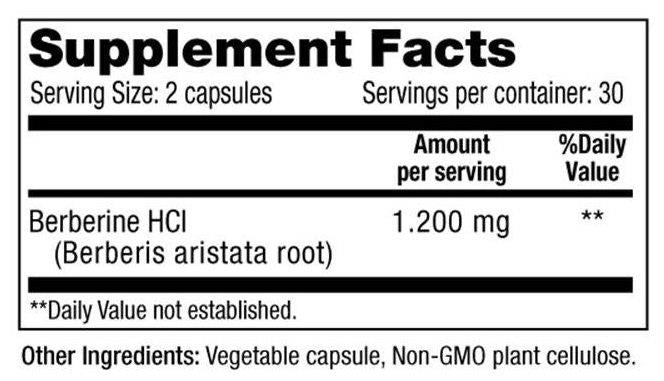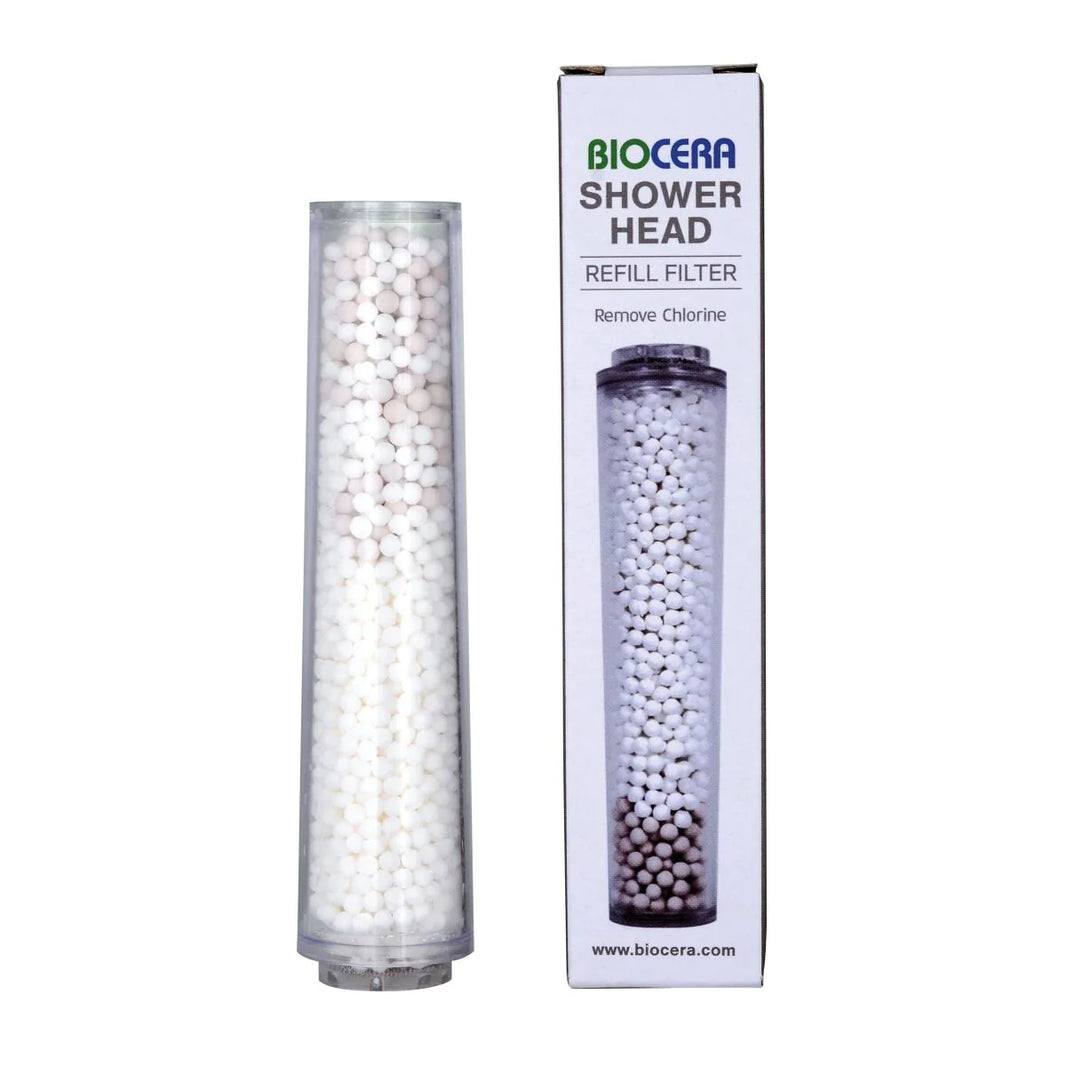Why Plant Proteins are Preferable to Animal Proteins
Recently we discussed the best vegetarian protein sources available to us, and why everyone would benefit from reducing their intake of meat. This was in a sense borne out by a new Imperial College London study illustrating the huge health benefits of eating ten portions of fruit and veg per day: meeting this ambitious quota will probably necessitate a reduction in the amount of meat we eat too. As far as health goes, you’re unlikely to read a study that recommends eating ten chicken breasts or steaks per day!
Going Green Promotes Better Overall Health
Going green is sometimes an ethical decision, motivated either by environmental awareness or a deep love of animals. But increasingly we are coming to understand that eating less meat and more fruit and vegetables reduces the likelihood of inflammation and cardiovascular heart disease.
There are many, many reasons for this. One concerns the antioxidants in plants, which help prevent the free radical damage associated with a hardening of the arteries.
Another is that dietary fibre in fruits and vegetables helps promote healthy blood pressure and safe cholesterol levels while also decreasing our cancer risk.
Moreover, key nutrients such as B-vitamins and beta-carotene have been shown to protect heart health and stave off disease.
Of course, it’s not stepping out on a limb to say that fruit and vegetables are good for us. But many people are unaware that animal proteins can be bad for us.
Consider, for example, the hormones, antibiotics and carcinogens in many different forms of meat. Reflect on the dearth of dietary fibre so essential to keeping our digestive tracts healthy.
Which is not to say you can’t live a perfectly healthy life unless you adopt a plant-based diet; you certainly can.
But it’s objectively better to eat more fruit and vegetables, which are dense in antioxidants, fibre, vitamins, minerals and phytochemicals, than meat, which is deficient in many of these departments. The health implications are obvious.
But Does a Plant-Based Diet Support Athletic Performance?
While we’re sometimes fed the line that athletes must eat meat in order to excel in the rarefied world of competitive sport, it is simply not the case.
Take former heavyweight boxing champion David Haye, for instance, who adopted a plant-based diet several years ago with no identifiable decline in performance.
In fact, Haye says cutting out meat has actually bolstered his energy levels. Speaking in February, he said: “I feel better than ever, I look and feel younger. People say, ‘Where do you get your strength from?’ I say, where does an ape get his strength from? He’s 20 times stronger than a human and doesn’t have a meat-based diet. They eat plants all day long. It’s a myth that you need meat for strength.”
But what motivated the brawny boxer to go green in the first place?
“It started when I was injured and was researching the best diets to heal muscles. All roads kept leading back to a plant-based diet, and when you look at the horrible way animals are treated, that made it easier to switch.”
Haye isn’t the only top sportsperson to enjoy continued success in his field after adopting a plant-based diet. From world champion figure skaters and marathon runners to cyclists and even bodybuilders, the world of high-performance sport is not short of vegan and vegetarian adherents.
Many speak of shorter recovery times, improved mental focus and higher energy levels.
This all dovetails nicely with the results of a recent study into protein sources by the American Journal of Clinical Nutrition.
AJCN researchers looked into the health records of nearly 3,000 men and women and found that plant proteins were just as effective at building muscle as meat.
Can We Get the Protein We Need from Plants?
If a 100kg boxer can sustain a Herculean physique without resorting to eating animal proteins, isn’t the question itself redundant?
The misconception that we need animal proteins to build and sustain lean muscle tissue and support health in general has been thoroughly debunked in recent years.
The plant world contains significant levels of protein, and protein which doesn’t come as a package deal with harmful elements such as hormones and toxins.
Perfect examples of plant-based proteins include raw nuts and seeds, sprouted grains like buckwheat and quinoa, legumes and leafy greens.
So-called super green algae like spirulina and chlorella are also tremendous sources of protein among other things.
Plant protein powders are now as easy to find as their animal-based equivalents.
Vibrant Health’s Maximum Vibrance is a good example: a single serving provides 20g of protein, or almost 39% of the recommended daily amount for an individual weighing 70kg (11 stone).
The premium-quality protein derives from yellow pea, sprouted brown rice, chlorella and spirulina. In addition to protein, Maximum Vibrance provides an array of beneficial micronutrients – certified organic vitamins and minerals, antioxidants, dietary fibre, probiotics – from over 8 grams of nutrient-dense plant food.
Conclusion
As we all know, making smart dietary choices is vital to optimum health. And where protein is concerned, plant-based options will almost always trump their animal equivalents.
Having said that, we do believe that some people require animal protein. Moreover, many of us could benefit from eating mostly plant-based but indulging in meat or fish once or even a few times per week.
This would mean that while we are reducing our intake of animal protein, and therefore maintaining our health while consuming plenty of plant protein in exchange, we are making a significant environmental contribution.
The important thing is to do what feels right for you. If you answer “Yes” to the question “Can I reduce my dependence on meat?” then you probably can. But above all, listen to your body. It will tell you what it needs.



























Leave a comment